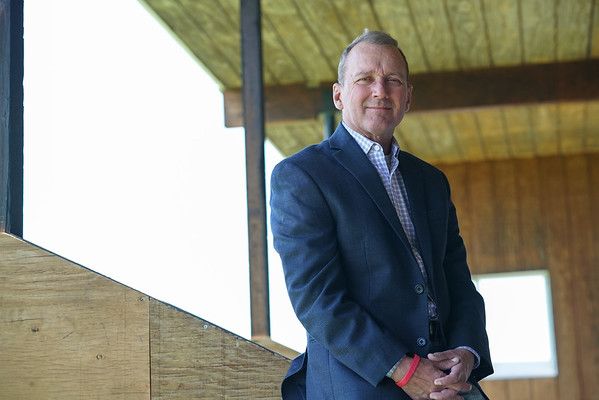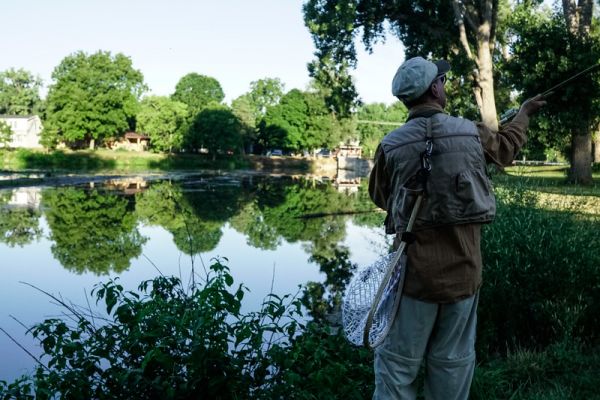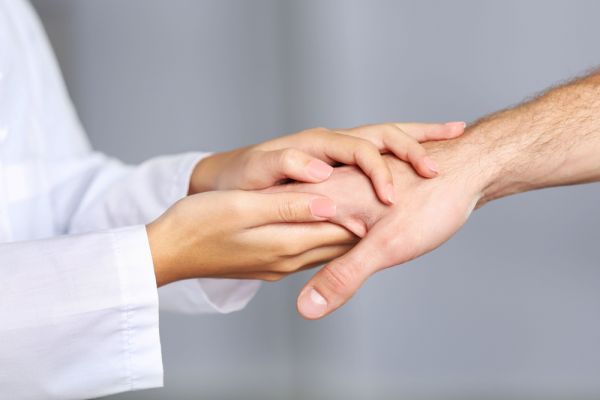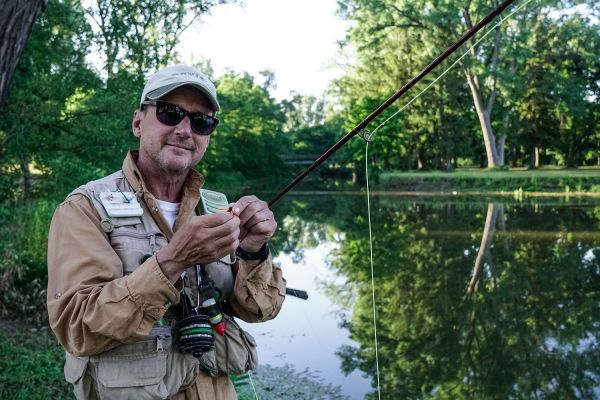As a 25-year cancer survivor, a “veteran” if you will, there is a natural tendency for newly diagnosed cancer patients to gravitate toward me. After all, I’ve “been there done that.” And I am more than happy to help, mentor and coach those just starting out on this scary and life-altering journey. My approach is to be open to sharing my experiences, challenges and how I’ve dealt with adversity, guided by the following principles.
Empathy
The first words I often hear is that they’ve been diagnosed and are scared. It is a very sad and scary time. I empathize with this news, as I know that their life as they know it was just turned upside down. Many times, my friends just have a blank stare and are unable to discuss it. I, in turn, initiate the discussion by asking probing questions. For example, what’s the diagnosis, what stage, how do you feel, what’s on your mind, etc. These questions typically start the conversation. Now that they are talking, I listen and let them get it all out (fear, anger, uncertainty).
Honesty
I am completely upfront and honest. There is no tiptoeing around this sort of news. First and foremost, I advise them that their life will no longer be the same no matter the severity of the diagnosis. Their day-to-day routine has just been disrupted and will be inconvenienced for at least the next six months, maybe longer. I talk to them about a readjustment of priorities, the way they will begin to look at life and how they will come to appreciate the simplest things, once taken for granted. There will be a new sense of tolerance/lack of tolerance, working and “me time.” This is a critical time for these individuals. I advise that it’s okay to start focusing on yourself and family. Others will understand. This is a time that they must ACCEPT their diagnosis and understand that their life has evolved in a different direction from what they planned. This acceptance will allow them to make the necessary adjustments and approach dealing with what lies ahead regarding ongoing treatments, doctor visits, tests, options and choices.
Engagement/Support
Most of these patients I have supported are friends or acquaintances who at one time or another were there for me during my diagnosis. This continued support is a must, as they need constant reassurance to know that someone is there at all times. I routinely follow up, meet for lunch or even join them at the hospital or doctor visits.
Mentoring/Coaching
All the previously discussed support roles are part of my informal mentoring that I naturally took on to help others. Cancer is not something that you have in mind while growing up, going through life, cultivating your career and creating your family/lifestyle. Cancer comes out of nowhere and turns life upside down. It’s never in the “plan!" This is where we survivors can play a significant role in level setting expectations for these newly diagnosed cancer patients.
Editor’s Note: Cancer patient outcomes and experiences may vary, even for those with the same type of cancer. An individual patient’s story should not be used as a prediction of how another patient will respond to treatment. Roswell Park is transparent about the survival rates of our patients as compared to national standards, and provides this information, when available, within the cancer type sections of this website.



